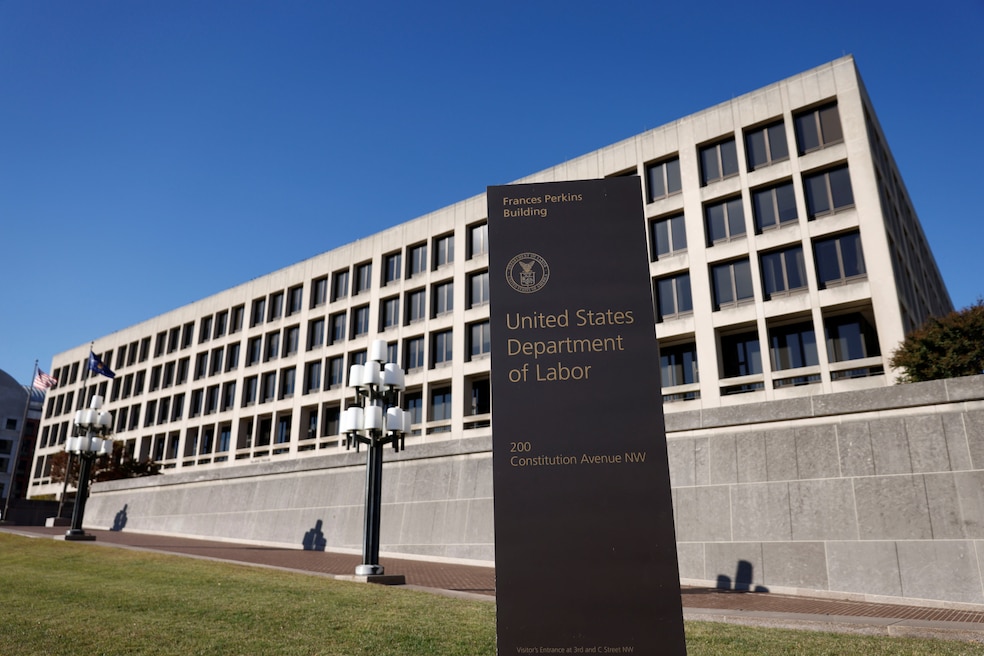Amid tariff concerns, April saw an increase in jobs
The U.S. economy added 177,000 jobs in April and the unemployment rate was unchanged at 4.2%, suggesting a negative impact from tariffs has yet to fully materialize. Most of the tariffs were announced in early April as data collection on the labor market was in progress.
Among the notable job gains were those in the health care sector, which added 51,000 positions, transportation and warehousing (29,000), and financial services (14,000), according to the U.S. Bureau of Labor Statistics’ report on Friday. Manufacturing and retail employment saw little change. Jobs in the federal government fell by 9,000 and are down by 26,000 since January.
A bright spot was the real estate sector, where nearly 10,000 jobs were added related to rental and leasing activity, Lawrence Yun, the National Association of Realtors’ chief economist, said in a statement.
The number of long-term unemployed, which includes people out of work for more than six months, increased by 179,000 to 1.7 million or just under a quarter of all unemployed people, the BLS said in its report.
Average hourly earnings for private-sector employees rose by 6 cents, or 0.2 percent, to $36.06, according to the report.
Chamber of commerce seeks relief from tariffs for small businesses
The U.S. Chamber of Commerce says tariffs are having a damaging effect on small businesses and asked the Trump administration to shield them from the impact.
In a letter on Wednesday to U.S. Treasury and Commerce secretaries Scott Bessent and Howard Lutnick and Jamieson Greer, the U.S. trade representative, chamber president Suzanne Clark said small business importers should be excluded from the tariffs. The government defines a small business as one with up to 1,500 employees, depending on the industry. These companies can’t easily modify their supply chains in response to tariffs, Clark wrote.
“The chamber is hearing from small business owners every day who are seeing their ability to survive endangered by the recent increase in tariff rates,” according to the letter.
The chamber also wants products that can’t be produced in the U.S. to be excluded from tariffs. The letter mentioned several items, including coffee, bananas, cocoa, certain minerals and “other products.”
In addition, the government should create a process for small businesses to claim exclusions if they can show a tariff poses significant risks to American jobs, Clark said.

